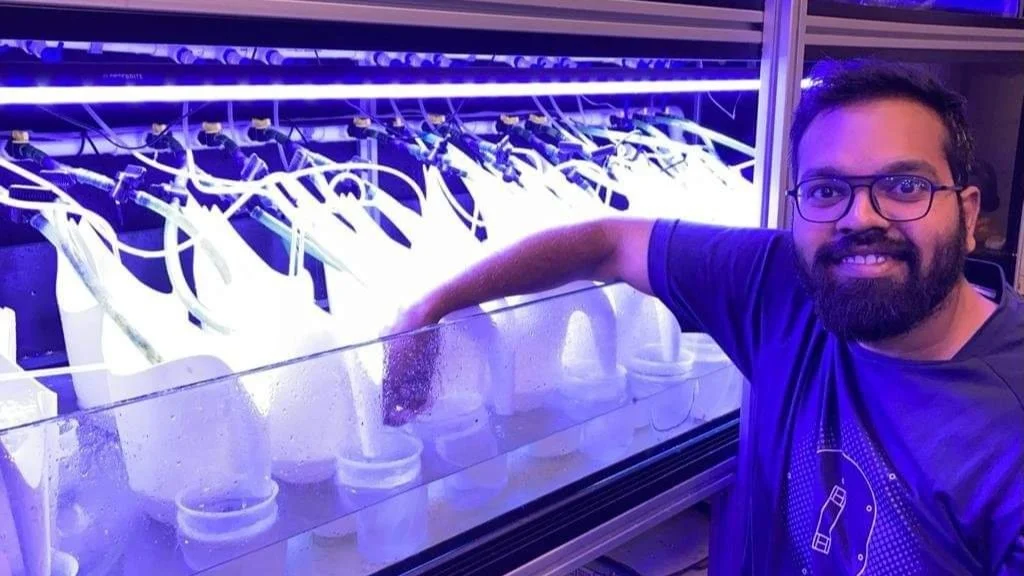Intern Update: Munib Khanyari
Munib Khanyari is a 2017, Ravi Sankaran-Inlaks Fellowship Intern. He spent his internship in Kyrgyzstan studying population estimation of the mountain ungulate.
Born amongst the beautiful mountains of Kashmir meant that nature would always a part of my life. My academic journeys at the Dhirubhai Ambani International School, Mumbai and McGill University, Canada, where I obtained by BSc in Environmental Biology (Wildlife Biology) initiated me to a variety of fieldwork that built me into an inquisitive and motivated learner.
Multiple research experiences took me from the caves of Panama, to rainforests of Costa Rica and the steppe region of Central Asia. It is during these expeditions that I realised the importance the environment and its species hold both for the entire living planet and me. With the help of these encounters and much more in the making, I aim to work on social and ecological issues/questions in relation to wild species and their populations.
The mountains hold a special place in my heart and deepen my passion for ecological conservation. I am particularly interested in working with mountain ungulate (hoofed animal) populations and understanding factors that affect their populations across the landscape. They play an important role in maintaining ecosystems by influencing the vegetation structure, plant species composition and nutrient cycling. Being the primary prey for the carnivores of the region such as, snow leopards and wolves they are also key determinants of carnivore populations. Their importance to the ecology of these regions cannot be stressed on enough.
Given growing farming practice, many mountain ungulate species live in close contact with livestock herding communities, resulting in competition, which can be detrimental to both sets of species. Understanding this holds immense research and conservation potential. I aim to work across landscapes in Central and South Asia, primarily in the Indian Himalayas, the Mongolian Altai and the Kyrgyz Tien Shen. I strongly believe that good science breeds sustained conservation. Someone wise once told me, “If you aren’t drowning, then head towards rougher waters”. This is what I aim to do!









